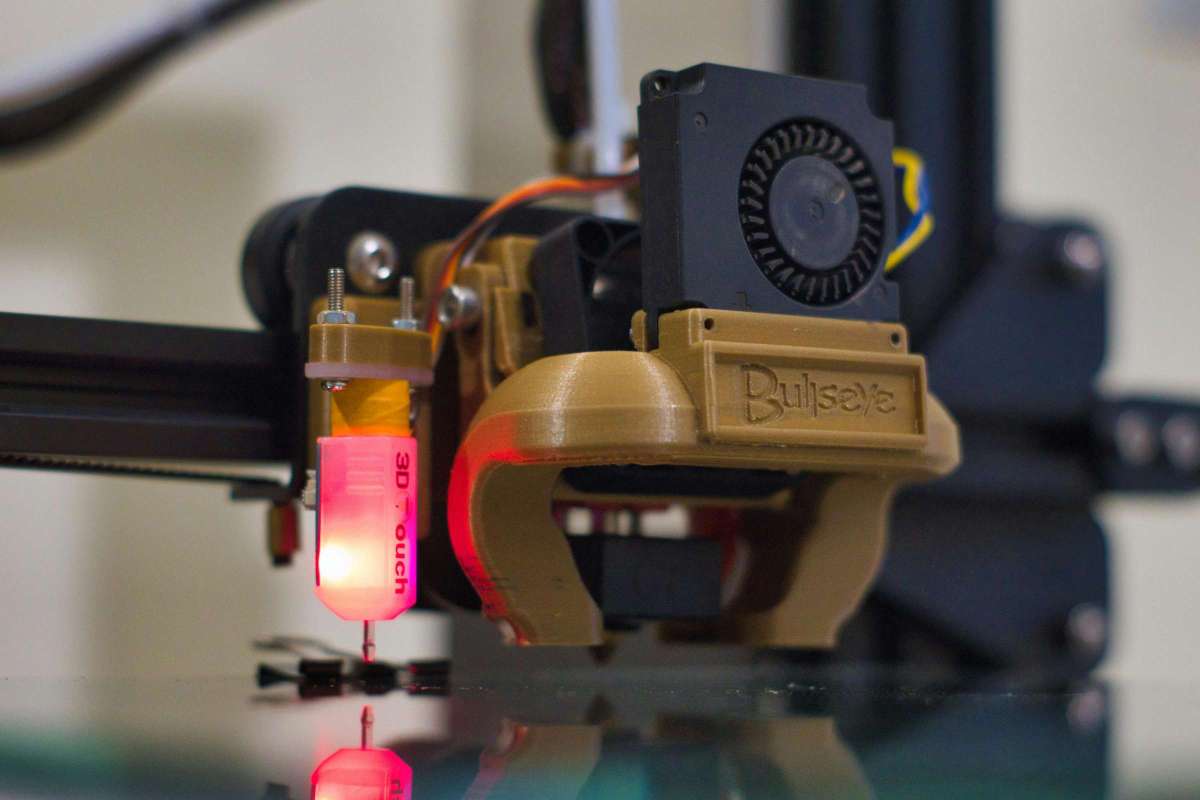Data Mesh: The Game-Changer in Data Architecture
5 min read
30 Jun 2024
In the evolving landscape of data architecture, Data Mesh is emerging as a revolutionary concept that promises to transform how organizations handle their data. As data volumes continue to grow exponentially, traditional centralized data architectures struggle to keep up with the demands for agility, scalability, and speed. This article explores why Data Mesh is considered a game-changer in data architecture and how it can benefit modern enterprises.
Understanding Data Mesh
Data Mesh is a decentralized approach to data architecture that treats data as a product and aligns data ownership with business domains. Instead of centralizing data management in a single data team, Data Mesh distributes the responsibility to domain-specific teams, each of which manages its own data products. This shift enables organizations to scale their data operations more effectively and foster a culture of data ownership and accountability.

The Benefits of Data Mesh
Decentralized Ownership: By distributing data ownership to domain-specific teams, Data Mesh ensures that those who understand the data best are responsible for managing it.
Scalability: Data Mesh allows organizations to scale their data architecture horizontally by adding new data products without overburdening a central team.
Agility: With domain teams managing their data, changes and improvements can be implemented more rapidly, increasing the organization's overall agility.
Data Quality: Domain teams are incentivized to maintain high data quality since they are directly accountable for their data products.
Innovation: Data Mesh encourages innovation by allowing domain teams to experiment with new tools and techniques tailored to their specific needs.
Key Principles of Data Mesh
Domain-Oriented Decentralized Data Ownership: Data Mesh assigns data ownership to specific domains within the organization, each responsible for its data products.
Data as a Product: Data is treated as a product, with domain teams focusing on delivering high-quality, reliable data products to their consumers.
Self-Serve Data Infrastructure: Data Mesh provides a self-serve infrastructure that domain teams can use to manage their data products independently.
Federated Computational Governance: Data Mesh employs a federated approach to governance, ensuring compliance and standardization across domains while allowing for domain-specific flexibility.
Why Data Mesh is a Game-Changer
Traditional centralized data architectures face several challenges, including bottlenecks, scalability issues, and slow response times. Data Mesh addresses these challenges by decentralizing data management and empowering domain teams to take ownership of their data. Here’s why Data Mesh is considered a game-changer in data architecture:
Eliminates Bottlenecks: By decentralizing data management, Data Mesh eliminates the bottlenecks associated with centralized data teams.
Enhances Responsiveness: Domain teams can respond more quickly to changes and new requirements, improving the organization's overall responsiveness.
Promotes Accountability: Data Mesh fosters a culture of accountability, as domain teams are directly responsible for the quality and reliability of their data products.
Facilitates Innovation: With domain teams free to experiment and innovate, Data Mesh drives the adoption of new technologies and methodologies.
Improves Data Democratization: Data Mesh supports data democratization by providing easier access to high-quality data across the organization.
Conclusion
As organizations grapple with the challenges of managing ever-increasing volumes of data, Data Mesh offers a compelling alternative to traditional centralized data architectures. By decentralizing data ownership, treating data as a product, and providing a self-serve data infrastructure, Data Mesh enables organizations to scale their data operations more effectively, improve data quality, and foster a culture of innovation and accountability. In conclusion, Data Mesh is not just a trend but a transformative approach that has the potential to redefine data architecture for the modern enterprise.
More Articles

Digital Fabrication: Crafting the Future One Layer at a Time
7 min read | 18 Jul 2024

3D Printing: How It's Changing the World as We Know It
5 min read | 17 Jul 2024

Additive Manufacturing: The Technology Behind 3D Printing
5 min read | 16 Jul 2024

Industry 4.0: The Fourth Industrial Revolution Explained
7 min read | 15 Jul 2024
More Articles

Omnichannel Retail: The Future of Shopping Unveiled
7 min read | 03 Aug 2024

Smart Retail: How Technology is Changing Your Shopping Experience
6 min read | 02 Aug 2024

Indoor Positioning Systems (IPS): GPS for Indoors?
4 min read | 01 Aug 2024

Geofencing: The Technology That Knows Where You Are and What You Need
6 min read | 31 Jul 2024
